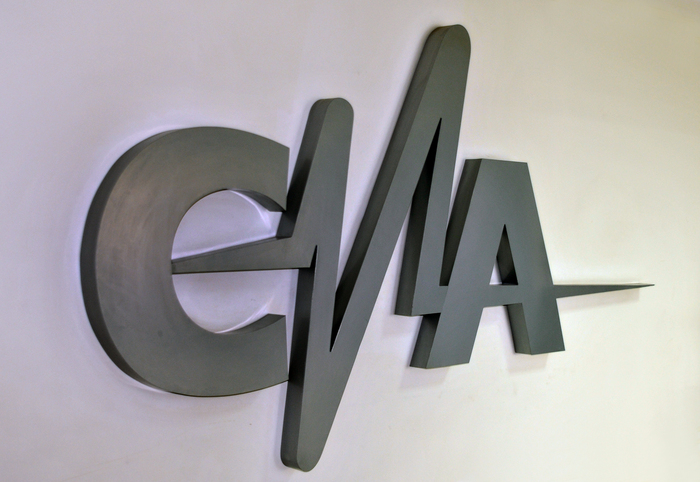Active Watch, the Media Freedom Organization, along with the Free Internet Technology Association, expressed deep concern over the National Audio-visual Council (CNA) effectively extending its oversight to all online video content. They argue that the CNA`s actions overstep legal boundaries by issuing decisions tantamount to censorship – for example, by compelling the removal of online content that falls under the protection of freedom of expression on the internet.
They stress that while it is both legitimate and necessary to encounter hate speech or incitement to violence, these measures should never serve as a pretext for silencing dissenting or controversial opinions. Such overreaches not only undermines the fight for democracy and human rights but also fuel conspiracy theories and erode public trust in state institutions.
A case in point is the recent decision by the CNA to remove a video from journalist Marius Tucă`s Youtube Channel, in which he describes the BEC`s ruling that banned Călin Georgescu from running for president as a “coup d’état.” The organizations view this decision as disproportionate – punishing a mere political opinion – and a result of an abusive interpretation of the law.
They argue that a single provision form the audio-visual law, specifically the one concerning the requirement for accurate information, cannot be used to sanction opinions without considering other legislative provisions or the constitutional right to free speech, even when such opinions may be debatable or controversial regarding decision made by the public authority.
Active Watch reminds us that the audio-visual law prohibits any form of censorship over audio-visual communication. They note that in the case involving Marius Tucă, there appears to be a double standard in the law`s application, as the CNA imposes different penalties for the same offense depending on weather the content is disseminated through traditional Radio or TV Channels or online platforms.
The council`s illegal extension of the audio-visual law`s scope to all online video content is also troubling to civil society representatives. They emphasize that the CNA`s practice of categorizing all social media users who post audio-visual content as media service providers – equating them with traditional broadcasters – is unlawful, since the law cannot be fully applied to every individual who uploads audio-visual material online.
Furthermore, freedom of expression organizations point out that private users or controversial political figures such as Diana Șoșoacă and George Simion should no be penalized under the audio-visual law or code, which the CNA has erroneously cited in these cases. They conclude by underscoring the need for an impartial CNA, one that can strike a fair balance between the right to freedom of expression and the freedom of the press, along with other legitimate rights and interests, in accordance with the case law of the European Court of Human Rights.



